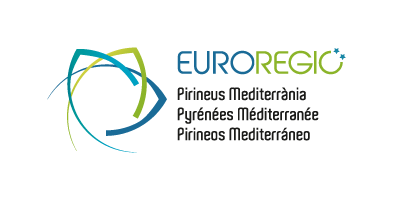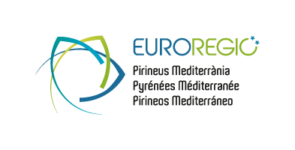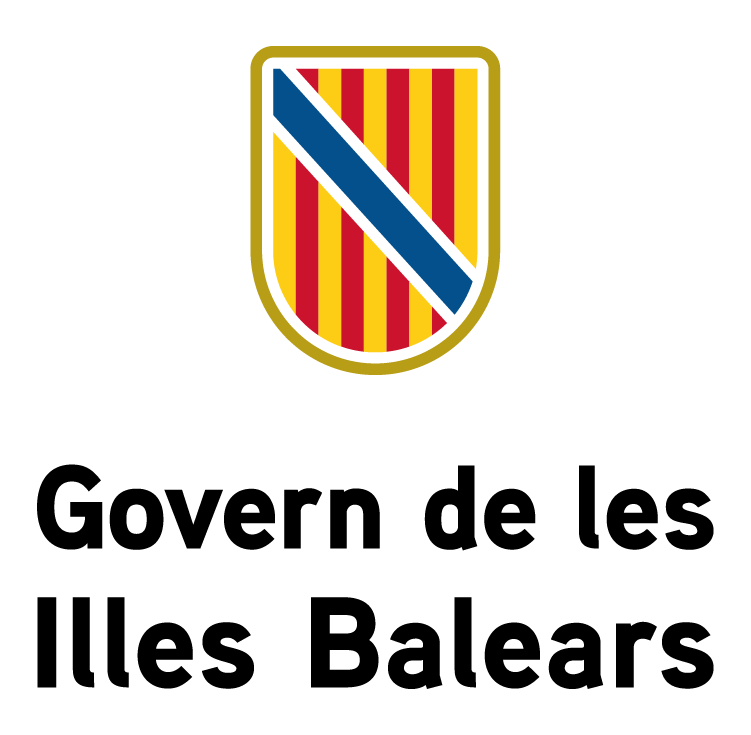Carbon Farming Med

General information
Programme: Interreg Euro-MED
Priority: Promote the transition towards a circular and resource-efficient economy
Total budget: 2 789 472,36 EUR
EU funding: 2 231 577,88 EUR (FEDER 80%)
Co-financing: to be provided by each partner from its own funds.
Duration: 33 months between January 2024 and September 2026
Partnership
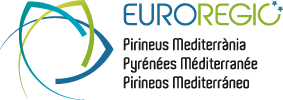
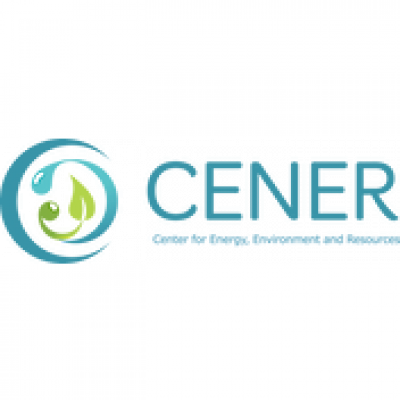

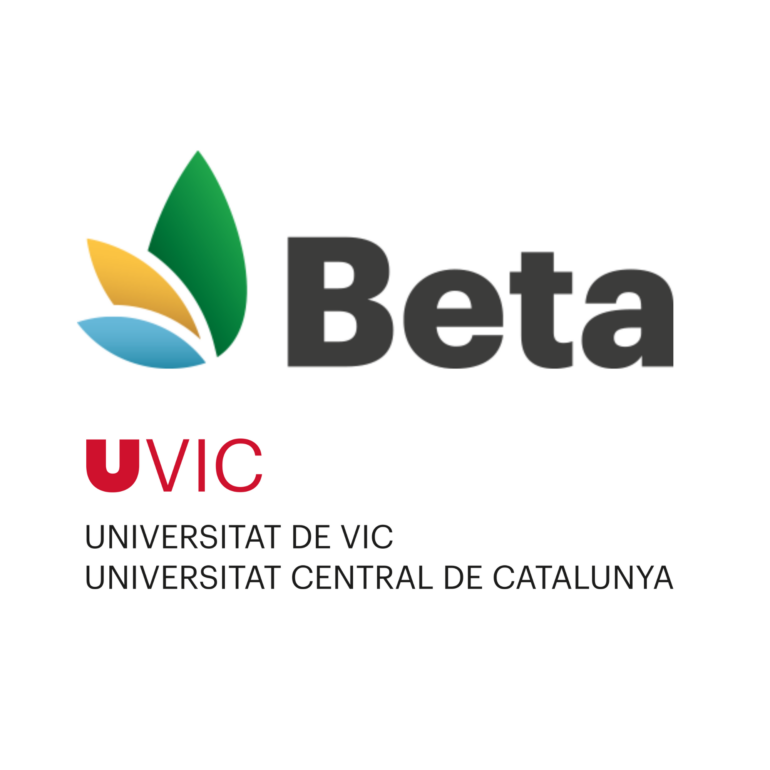





General aims
The main objective of the project is to help farmers develop a sustainable and resilient Mediterranean agricultural system and, at the same time, encourage their entry into the carbon market to obtain another source of income. This objective will be achieved by optimizing regenerative agricultural practices in a Mediterranean context and providing the necessary tools to facilitate the adoption of carbon credits in the market (from the perspective of the seller and the buyer).
Specific aims
- WP1: Establish the theoretical framework of carbon agriculture in the Mediterranean, through the selection of indicators and predictive models, monitoring parameters and the implementation of a sustainability assessment of regenerative agriculture.
- WP2: Quantify carbon capture in the soil and GHG emissions avoided, by evaluating, monitoring and forecasting the effects of the implementation of regenerative agricultural techniques in the Mediterranean region.
- WP3: Promotion of a Mediterranean market for carbon credits generated by regenerative agriculture, through (i) the development of a computer platform that helps farmers in the verification process to obtain carbon credits and (ii) the development of a virtual meeting point to promote and bring together buyers and sellers of carbon credits.
- WP4: Transfer and integration of project results and lessons learned by capitalizing on project developments and results.

Actions
WP1 activities:
1.1. State of the art: in-depth documentary research on carbon farming practices and regenerative agriculture in the Mediterranean
1.2. Build consensus on the definition of regenerative agriculture and carbon farming.
1.3. Kick-off Meeting: validation of the project approach and launch of the design phase
1.4. Selection of potential agricultural techniques to evaluate
1.5. Selection and adaptation (if necessary) of optimal indicators and predictive models
1.6. Identification and selection of monitoring parameters to monitor carbon fixation
1.7. Implementation of a regenerative agriculture sustainability assessment, including:
– (i) a techno-economic assessment for farmers
– (ii) an environmental assessment related to the impact at the Mediterranean level on the contribution of regenerative agriculture and carbon markets to the climate objectives of Mediterranean countries.
– (iii) a social evaluation on how voluntary carbon markets can benefit rural areas.
WP2 activities:
2.1. Development of a monitoring protocol
2.2. Testing and evaluation of regenerative agricultural techniques previously identified as a pilot in different Mediterranean countries:
-
-
- Launch seminars (information and awareness)
- Training on different regenerative agricultural techniques (such as no-till, soil cover, application of organic fertilizers, etc.)
- Mentoring program for farmers of selected pilot farms
- Implementation of regenerative agricultural techniques in selected pilot positions
-
2.3. Evaluation of the results in each of the pilots and implementation of the monitoring protocol
2.4. Using monitoring data together with ICO and LUCAS ddbb to extrapolate the carbon sink to unmonitored regions
2.5. Development of good practice guidelines (including training materials), through exchanges in different countries to showcase good practices
WP3 activities:
3.1. Development of a detailed set of Mediterranean MRV guidelines adapted to widely accepted carbon credit schemes.
3.2. Development of a computer platform that helps farmers in the verification process
3.2.1. Development of module (i): dynamic model of carbon fixation in soil
3.2.2. Development of module (ii): CO2 credit verification module
3.2.3. Development of module (iii): recommendation model
3.2.4. Module Development (iv): Clearing module linked to marketplace providers where possible (vendors offer 3rd party API integration).
3.3. Promotion of a Mediterranean meeting point for carbon credits
3.3.1. Assessment of legal barriers to the market
3.3.2. Identification and definition of the needs of interest groups (buyers and sellers).
3.4. Pilot phase of the computing platform
3.4.1. Training for buyers
3.4.2. Training for salespeople
3.4.3. Involvement of credit sellers and buyers through the Mediterranean carbon credit market
3.4.4. Monitoring and evaluation
3.5. Recommendation for obtaining a Mediterranean carbon credit market
WP4 activities:
8.1. Synergies and capitalization: from the beginning of the project, the partners will work on the capitalization and the multiplier effect of the results and results of the project.
8.2. Transfer and exploitation: Development of a transfer, exploitation and dissemination strategy of the main results of the project
8.3. Policy guidelines and recommendations: collect the main conclusions on the environmental, social and economic benefits and burdens of the implementation of regenerative agricultural practices and entry into carbon markets (collecting results from WP1, WP2 and WP3)
8.4. Online dissemination and communication tools (web, social networks)
8.5. Final conference: project results and lessons learned.
8.6. Project Coordination and Management
8.7. EuroMed Academy and community activities: all training materials will be collected, refined and integrated into a program on “Carbon Agriculture”
8.8. Assessment and compensation of the carbon footprint
Target
Mediterranean farmers will be the main beneficiaries of the development of the project and its results. On the other hand, local and regional public administration, higher education authorities and research organizations, companies and SMEs, international organizations, NGOs and other interest groups, as well as sectoral agencies and the general public will benefit.
Role of the Euroregion
The Euroregion team will be responsible for WP4: Transfer and integration of project results and lessons learned, by capitalizing on project developments and results.
Thus, we will lead WP 4.1, 4.2 and 4.5:
4.1. Synergies and capitalization: EPM has drawn up the delivrable CARBON FARMING PROJECTS CATALOGUE on this activity
4.2. Transfer and exploitation: Development of a transfer, exploitation and dissemination strategy of the main results of the project
4.5. Final conference: project results and lessons learned
